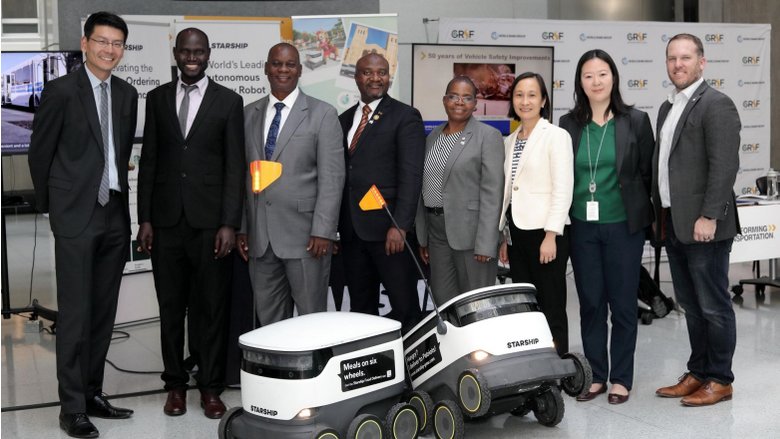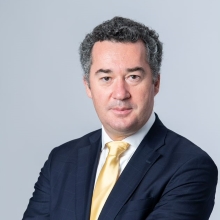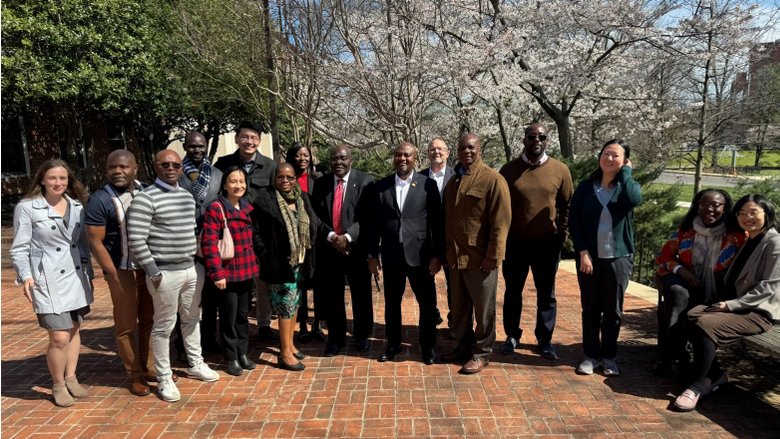“Investing in greener and more resilient transport is a key priority for the Bank, and EVs are an integral part of this transition,” said Nicolas Peltier-Thiberge, Global Director for Transport. “Our e-mobility agenda is bound to grow significantly in the coming years with many new e-mobility projects in the pipeline, especially in Africa.”
One example is a recently approved technical assistance program that will support the creation of an integrated e-mobility strategy in Malawi—a country that is eager to modernize its transport system and reduce its reliance on fossil fuel imports. The work will include a diagnosis of Malawi’s e-mobility infrastructure, the development of an appropriate policy framework, along with the identification of pilot projects and viability studies.
“Malawi spends a lot of money—almost half a billion of US dollars a year—on fossil fuels. E-mobility can help change this and pave the way for a better future,” said Ibrahim Matola, Malawi’s Minister of Energy. “It is a welcome development, but we need to move together on this journey.”
A similar activity is under preparation in Sierra Leone, where the World Bank will be using its e-mobility scoping tool to analyze the economic case for e-mobility and identify the most sensible entry points for EV adoption.
As part of this engagement, the World Bank invited high-level delegations from Malawi and Sierra Leone to Washington, DC for a busy week of events and knowledge exchange anchored around the Transforming Transportation conference.
The delegates first headed to College Park, MD for an all-day e-mobility workshop at the University of Maryland (UMD), which was organized by Professor Nii O Attoh-Okine, Chair of the Department of Civil and Environmental Engineering, in close coordination with the World Bank Transport team. The workshop was designed as an introduction to the fundamentals of electric mobility, starting with an overview of the main policy and regulatory changes that are needed to create an enabling environment for EV adoption. Participants then learned about some of the more technical considerations that decisionmakers should keep in mind before they can deploy EVs at scale—including the importance of guaranteeing reliable electricity supply, investing in adequate charging infrastructure, and anticipating specific risks such as cyberattacks. Finally, the course highlighted the potential benefits of large-scale EV adoption on economic activity and job creation.




